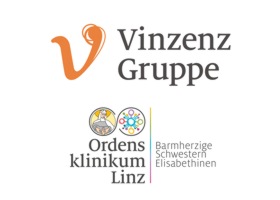SARS-CoV-2 vaccination willingness and humoral vaccination response in radiation oncology patients.Tools Geinitz, Hans und Silberberger, Elisabeth und Spiegl, Kurt und Feichtinger, Johann und Wagner, Helga und Hermann, Philipp und Bräutigam, Elisabeth und Track, Christine und Weis, Eva Maria und Venhoda, Clemens und Huppert, Roswitha und Spindelbalker-Renner, Barbara und Zauner-Babor, Georgine und Nyiri, Dalma Viktoria und Karasek, Nicola und Erdei, Mercedesz und Gheju, Ruben und Gruber, Georg und Egger, Margot und Dieplinger, Benjamin (2024) SARS-CoV-2 vaccination willingness and humoral vaccination response in radiation oncology patients. Vaccine, 42 (4). pp. 945-959. ISSN 1873-2518 Für diesen Eintrag wurde kein Volltext-Dokument angefügt.
|
||||||||||||||||||
|
|
|
|


 Tools
Tools Tools
Tools